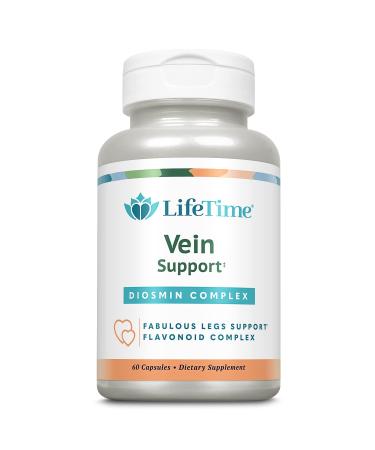**240 Capsules - 1 month supply at 4 GRAMS per day (8 caps)** About this PCOS Supplement. Myo-Inositol, Inositol, has been shown to help with:
- PCOS symptoms
- Ovarian function
- Qualty of eggs
- Balance of hormones
- Overall women's health
- Fertility issues
Myo-Inositol for PCOS and Infertility Issues
Myo-Inositol is a compound in the B-complex family, and is found in most foods but in highest levels in whole grains and citrus fruits.
Myo-inositol shows the most promise as a dietary supplement for promoting female fertility, restoring insulin sensitivity in instances of resistance (type II diabetes and polycystic ovarian syndrome being the most well investigated), and for reducing anxiety as well. Due to the mixed benefits to insulin resistance and fertility, myo-inositol is considered a good treatment for PCOS in women.
In part because of its benefits to fertility and PCOS, as well as the anxiolytic effects potentially helping symptoms of PMS (dysphoria and anxiety mostly), myo-inositol is sometimes referred to as a general female health supplement.
It is a very safe supplement to ingest, and all side-effects associated with myo-inositol are merely mild gastrointestinal distress from high doses.
What do the studies show
Genazzani AD, Prati A, Santagni S, et al. Differential insulin response to myo-inositol administration in obese polycystic ovary syndrome patients. Gynecol Endocrinol.2012;28(12):969-973.
Study participants were divided into 2 groups based on their baseline fasting insulin levels. Participants in group A (n=15) had insulin below 12 µU/mL; participants in group B (n=27) had insulin above 12 µU/mL. All participants took myo-inositol (2 grams) and folic acid (200 mcg) dissolved in water between 9 am and 11 am daily for 8 weeks. No dietary or lifestyle modifications to improve insulin sensitivity were recommended during the study. BMI, luteinizing hormone (LH), follicle stimulating hormone (FSH), prolactin, estradiol, progesterone, androstenedione, testosterone, dehydroepiandrosterone sulfate (DHEA-S), glucose, C-peptide, oral glucose tolerance, and insulin levels were measured at baseline and at 8 weeks. Insulin sensitivity was calculated as a glucose-to-insulin ratio since this has been shown to be a valid marker of insulin sensitivity in women with PCOS.1 After the 8-week myo-inositol treatment, there was a significant reduction in LH/FSH ratio, FSH, prolactin, androstenedione, testosterone, insulin, and BMI compared to baseline; there was also a significant increase in the glucose/insulin ratio (8.4±0.9 to 12.1±0.2, P<0.01). In consideration of baseline fasting insulin levels, myo-inositol treatment induced similar changes in both groups but only patients in group B demonstrated significant reduction in fasting insulin levels (20.3±1.8 to 12.9±1.8 µU/mL, P<0.00001). No side effects or adverse events were observed in any of the study participants; however, a prior study demonstrated that when myo-inositol was dosed at 12 grams per day, patients experienced gastrointestinal distress like nausea, diarrhea, and flatulence.
Myo-Inositol and Fertility Effects Myo-Inosito been studied in infertile women with PCOS, with MYO showing the most promise in improving ovulation and egg quality. In a study published in 2007 in Gynecological Endocrinology, 25 women received MYO (4g/day) for six months. The results: 88% of patients had one spontaneous menstrual cycle during treatment, of whom 72% maintained normal ovulatory activity. A total of 10 pregnancies (40% of patients) were obtained.
Raffone et al compared the effects of metformin and MYO in women with PCOS. Sixty women received 1,500 mg/day of metformin, while 60 women received 4 g/day of MYO plus 400 mcg of folic acid. Ovulation was restored in 65% of women treated with MYO vs. 50% in the metformin group. More pregnancies occurred in the MYO group vs. metformin (18% vs. 11%).













